2003 Ford Ranger Brake Rotors and Pads
Click here to search another vehicle
All Rotors:
OEM x
Coated x
Drilled, Slotted and Coated x
Front x
Rear x
All Pads:
Ceramic x
Semi-metallic x
Front x
Rear x
Found 14 record
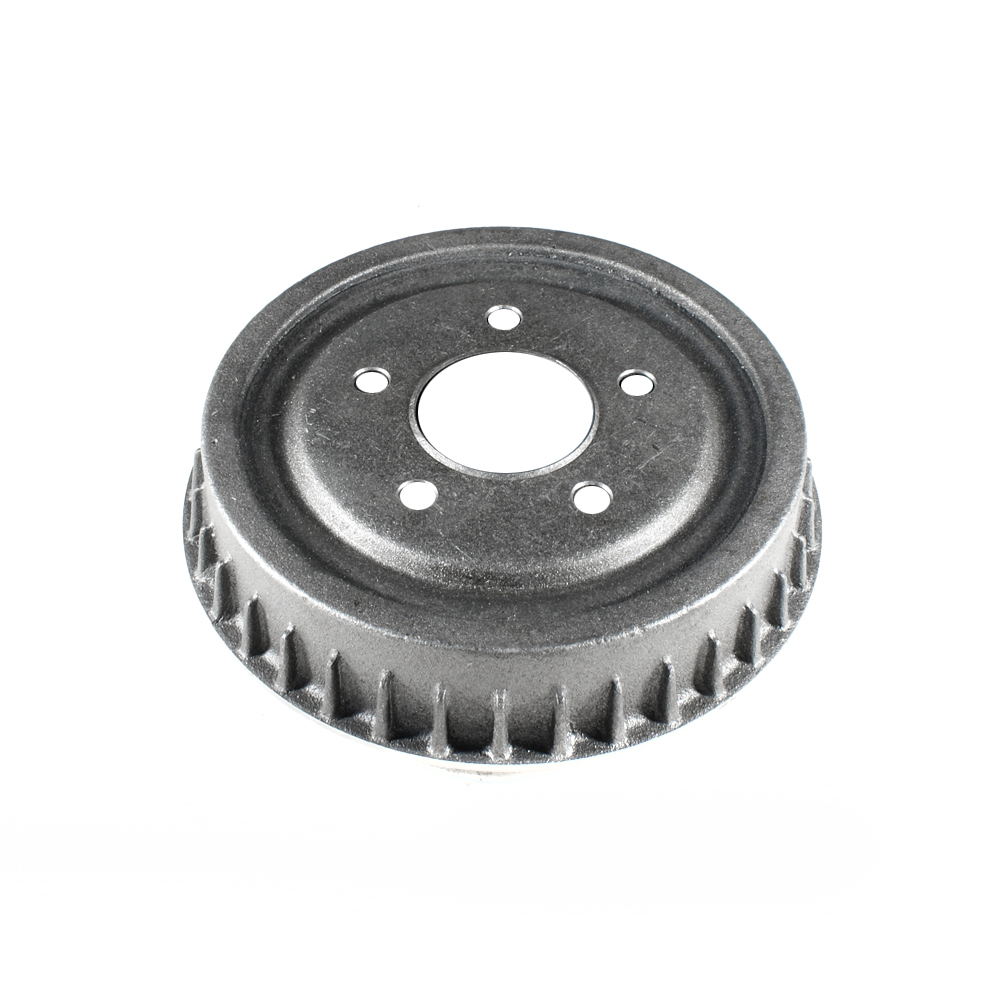
Part No: BD80036
Raybestos: 9651
OE: F87Z1126BA
Raybestos: 9651
OE: F87Z1126BA
$38.84 each
Per Car QTY: 2
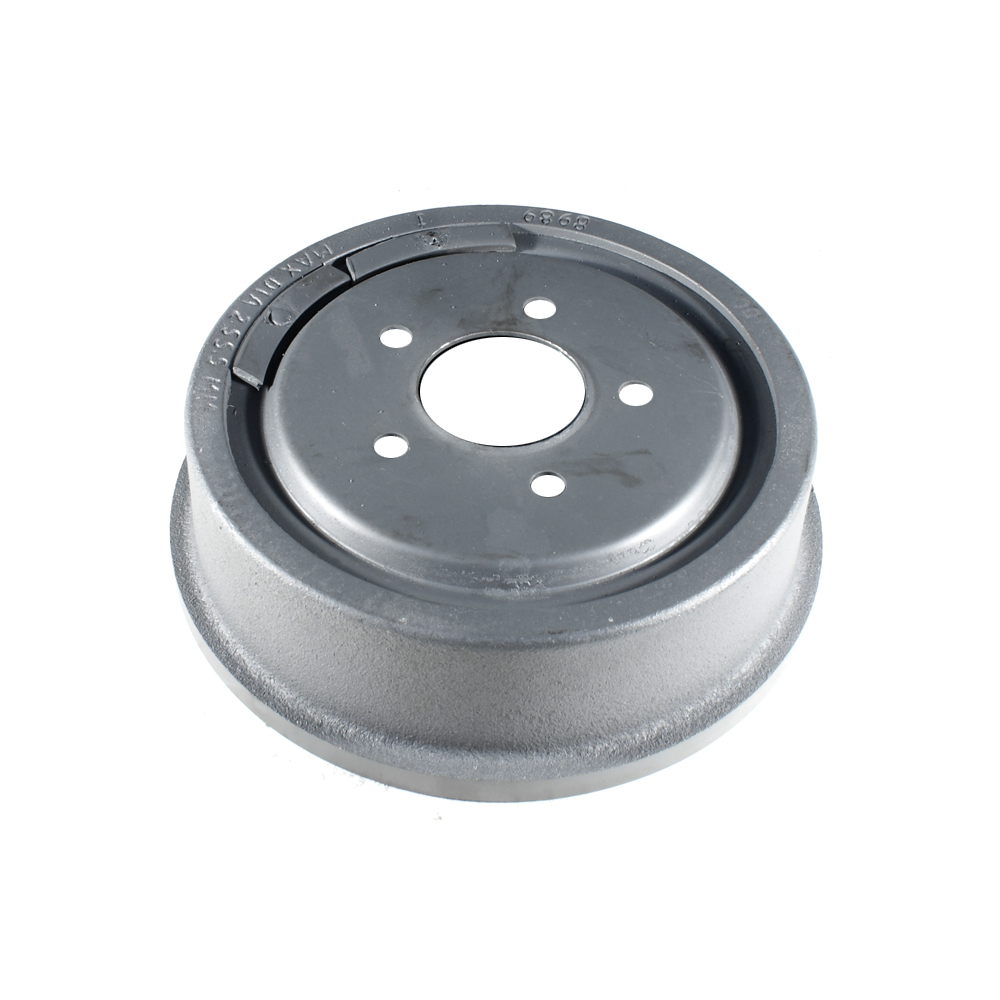
Part No: BD8989
Raybestos: 9498
OE: F07Z1126A
Raybestos: 9498
OE: F07Z1126A
$54.41 each
Per Car QTY: 2
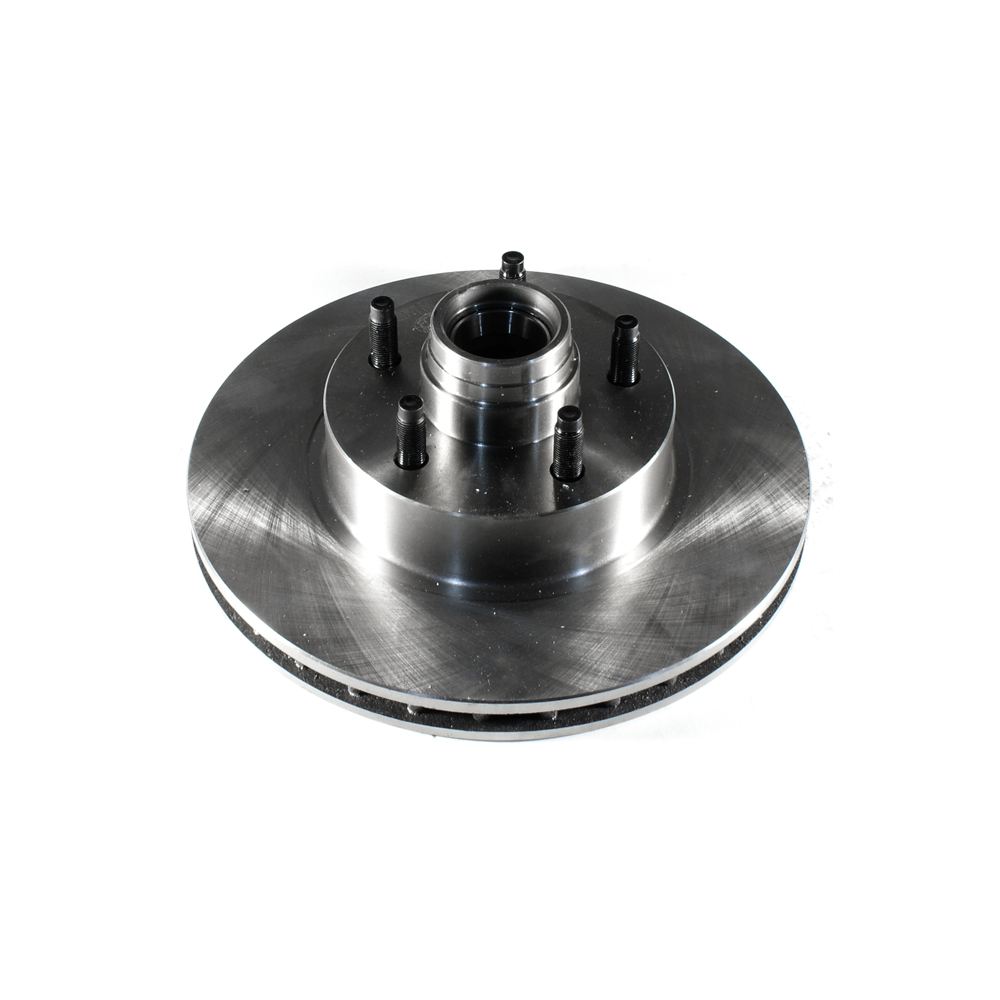
Part No: BR54029
Raybestos: 66597
OE: F5TZ1102H
Raybestos: 66597
OE: F5TZ1102H
$68.11 each
Per Car QTY: 2
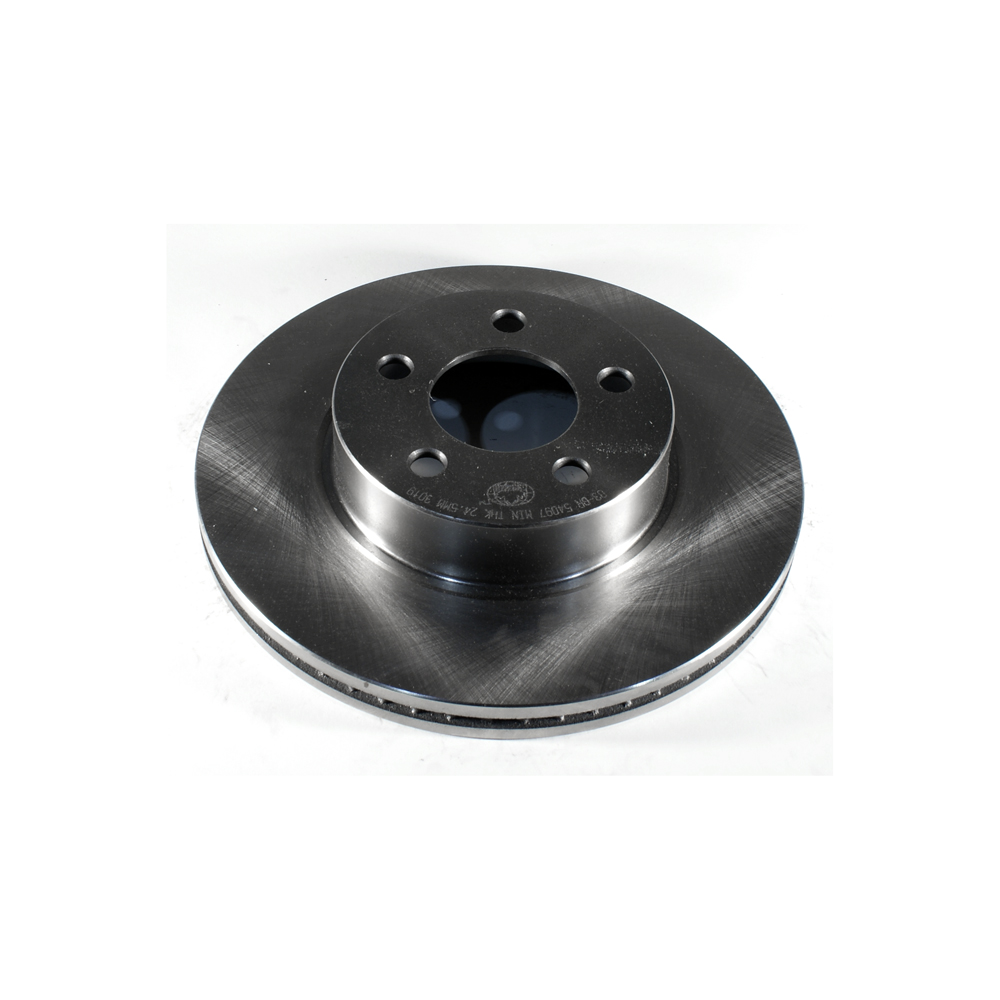
Part No: BR54097
Raybestos: 680027
OE: 5L5Z1125AA
Raybestos: 680027
OE: 5L5Z1125AA
$42.3 each
Per Car QTY: 2
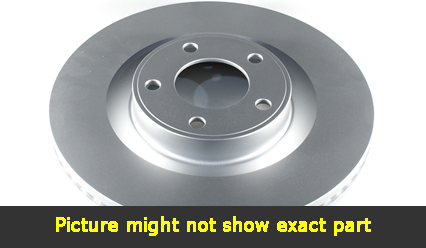
Part No: PP54029
Raybestos: 66597
OE: F5TZ1102H
Raybestos: 66597
OE: F5TZ1102H
$80.42 each
Per Car QTY: 2
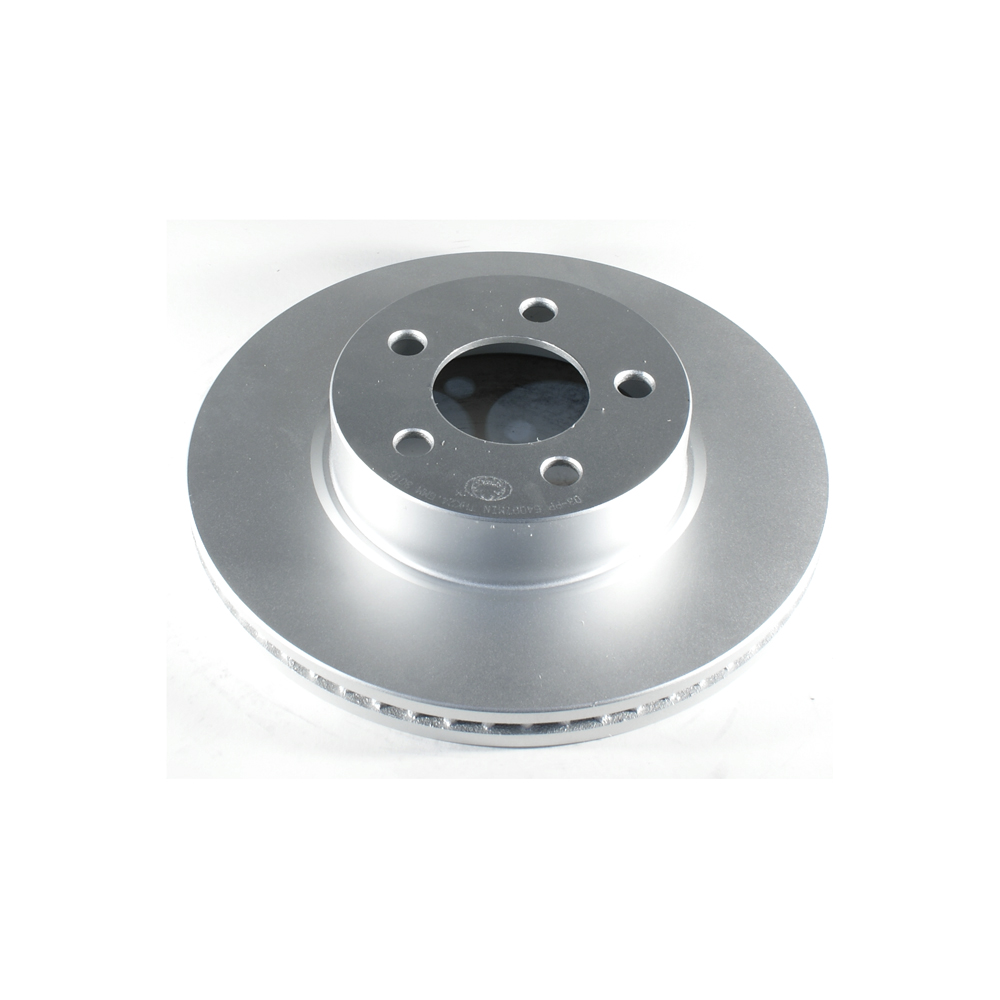
Part No: PP54097
Raybestos: 680027
OE: 5L5Z1125AA
Raybestos: 680027
OE: 5L5Z1125AA
$56.86 each
Per Car QTY: 2
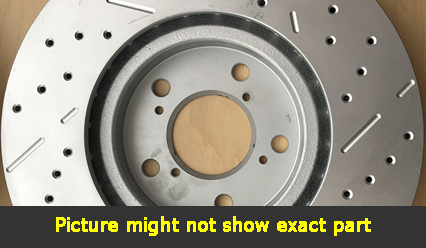
Part No: SP54029L
Raybestos: 66597
OE: F5TZ1102H
Raybestos: 66597
OE: F5TZ1102H
$116.87 each
Per Car QTY: 1
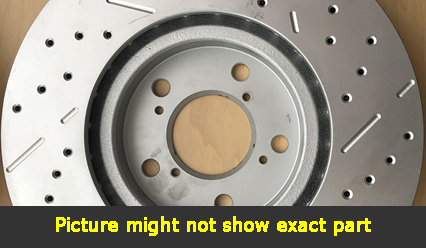
Part No: SP54029R
Raybestos: 66597
OE: F5TZ1102H
Raybestos: 66597
OE: F5TZ1102H
$116.87 each
Per Car QTY: 1

Part No: UP54097L
Raybestos: 680027L
OE: 5L5Z1125AA
Raybestos: 680027L
OE: 5L5Z1125AA
$97.13 each
Per Car QTY: 1

Part No: UP54097R
Raybestos: 680027R
OE: 5L5Z1125AA
Raybestos: 680027R
OE: 5L5Z1125AA
$97.13 each
Per Car QTY: 1
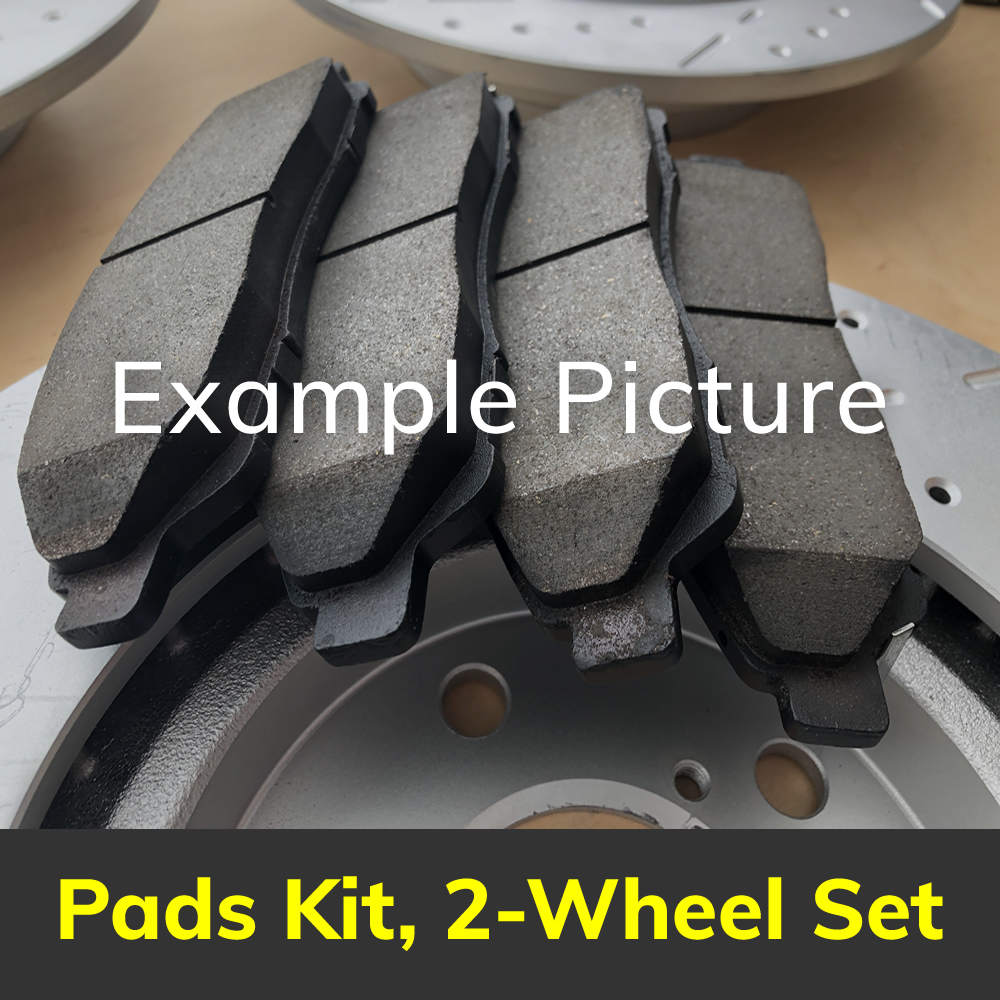
Part No: PD833C
Raybestos: 833
OE:
Raybestos: 833
OE:
$35.41 each
Per Car QTY: 1
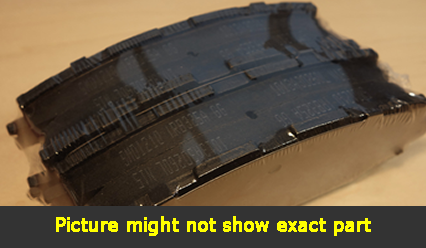
Part No: SMD667
Raybestos:
OE:
Raybestos:
OE:
$19.78 each
Per Car QTY: 1
If you own a 2003 Ford Ranger, maintaining and replacing its brakes regularly is crucial for your safety on the road. Over time, brake pads, rotors, and other brake components wear out and need to be replaced. When it comes to selecting new brakes for your vehicle, it's essential to make an informed decision. This article will guide you through the process of choosing brakes for your 2003 Ford Ranger, ensuring optimal stopping power and enhanced safety.
1. Understand your driving habits and needs:
Consider your driving style and the environment you typically drive in. Do you engage in heavy-duty towing, hauling, or off-roading? Or do you mainly use your Ford Ranger for daily commuting? Understanding your driving habits can help you determine what type of brakes would be most suitable for your needs.
2. Research OEM specifications:
To ensure compatibility and optimal performance, it's recommended to start by researching the original equipment manufacturer (OEM) specifications for your Ford Ranger's brakes. This information can be found in your vehicle's manual or by reaching out to an authorized Ford dealer. Understanding the OEM specifications will help you make a more informed decision while considering aftermarket options.
3. Consider brake pad materials:
Brake pads are typically available in three different materials: organic, semi-metallic, and ceramic. Each material has its advantages and disadvantages.
- Organic brake pads: Affordable and quiet, organic brake pads are suitable for everyday commuting. However, they tend to wear out faster under heavy loads or intense driving conditions.
- Semi-metallic brake pads: Designed for better heat dissipation and superior stopping power, semi-metallic brake pads are ideal for trucks used for towing or heavy-duty applications. However, they can produce more brake dust and may cause increased rotor wear.
- Ceramic brake pads: Ceramic brake pads offer excellent stopping power, reduced noise, and less brake dust production. They are known for their durability and high performance, but they can be pricier than organic or semi-metallic options.
4. Assess rotor condition:
Inspect your brake rotors for any signs of damage, such as grooves, warping, or excessive wear. If your rotors are in good condition, you may only need to replace the brake pads. However, if the rotors are damaged, it's advisable to replace them simultaneously for optimal braking performance.
5. Consider brake pad brands:
Numerous reputable brake pad manufacturers offer reliable options for your Ford Ranger. Some well-known brands include Wagner, Power Stop, ACDelco, EBC Brakes, and Bosch. Be sure to choose a reliable brand that has a good reputation based on customer reviews and industry standards.
6. Seek professional advice:
If you're unsure about the technical aspects of choosing brakes for your 2003 Ford Ranger, it's always a good idea to consult with a professional mechanic. Their expertise and experience can help you make the best decision for your vehicle and driving requirements.
7. Compare prices and warranties:
Once you have narrowed down your choices, compare prices from different retailers or online platforms. While it's important to find a good deal, remember that cheaper options may compromise safety and performance. Pay attention to warranties offered by the manufacturer or retailer, as it indicates their confidence in the product's quality.
By considering your driving habits, researching OEM specifications, selecting appropriate brake pad materials, assessing rotor condition, evaluating brake pad brands, seeking professional advice, and comparing prices and warranties, you can make an informed decision when selecting brakes for your 2003 Ford Ranger. Prioritizing safety and performance will ensure a smoother driving experience and bring you peace of mind on the road.
1. Understand your driving habits and needs:
Consider your driving style and the environment you typically drive in. Do you engage in heavy-duty towing, hauling, or off-roading? Or do you mainly use your Ford Ranger for daily commuting? Understanding your driving habits can help you determine what type of brakes would be most suitable for your needs.
2. Research OEM specifications:
To ensure compatibility and optimal performance, it's recommended to start by researching the original equipment manufacturer (OEM) specifications for your Ford Ranger's brakes. This information can be found in your vehicle's manual or by reaching out to an authorized Ford dealer. Understanding the OEM specifications will help you make a more informed decision while considering aftermarket options.
3. Consider brake pad materials:
Brake pads are typically available in three different materials: organic, semi-metallic, and ceramic. Each material has its advantages and disadvantages.
- Organic brake pads: Affordable and quiet, organic brake pads are suitable for everyday commuting. However, they tend to wear out faster under heavy loads or intense driving conditions.
- Semi-metallic brake pads: Designed for better heat dissipation and superior stopping power, semi-metallic brake pads are ideal for trucks used for towing or heavy-duty applications. However, they can produce more brake dust and may cause increased rotor wear.
- Ceramic brake pads: Ceramic brake pads offer excellent stopping power, reduced noise, and less brake dust production. They are known for their durability and high performance, but they can be pricier than organic or semi-metallic options.
4. Assess rotor condition:
Inspect your brake rotors for any signs of damage, such as grooves, warping, or excessive wear. If your rotors are in good condition, you may only need to replace the brake pads. However, if the rotors are damaged, it's advisable to replace them simultaneously for optimal braking performance.
5. Consider brake pad brands:
Numerous reputable brake pad manufacturers offer reliable options for your Ford Ranger. Some well-known brands include Wagner, Power Stop, ACDelco, EBC Brakes, and Bosch. Be sure to choose a reliable brand that has a good reputation based on customer reviews and industry standards.
6. Seek professional advice:
If you're unsure about the technical aspects of choosing brakes for your 2003 Ford Ranger, it's always a good idea to consult with a professional mechanic. Their expertise and experience can help you make the best decision for your vehicle and driving requirements.
7. Compare prices and warranties:
Once you have narrowed down your choices, compare prices from different retailers or online platforms. While it's important to find a good deal, remember that cheaper options may compromise safety and performance. Pay attention to warranties offered by the manufacturer or retailer, as it indicates their confidence in the product's quality.
By considering your driving habits, researching OEM specifications, selecting appropriate brake pad materials, assessing rotor condition, evaluating brake pad brands, seeking professional advice, and comparing prices and warranties, you can make an informed decision when selecting brakes for your 2003 Ford Ranger. Prioritizing safety and performance will ensure a smoother driving experience and bring you peace of mind on the road.


